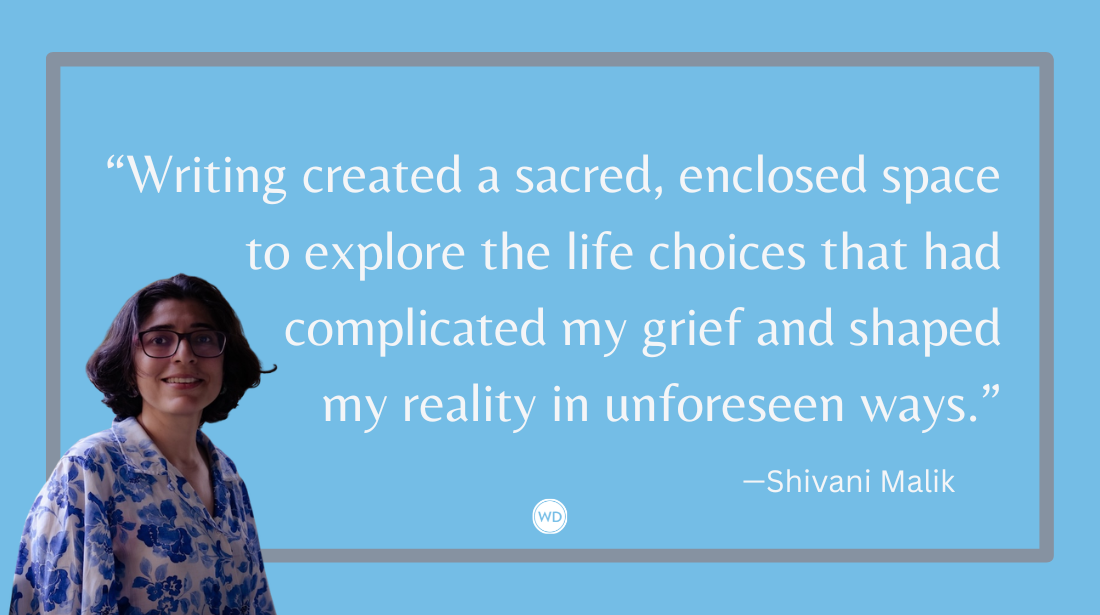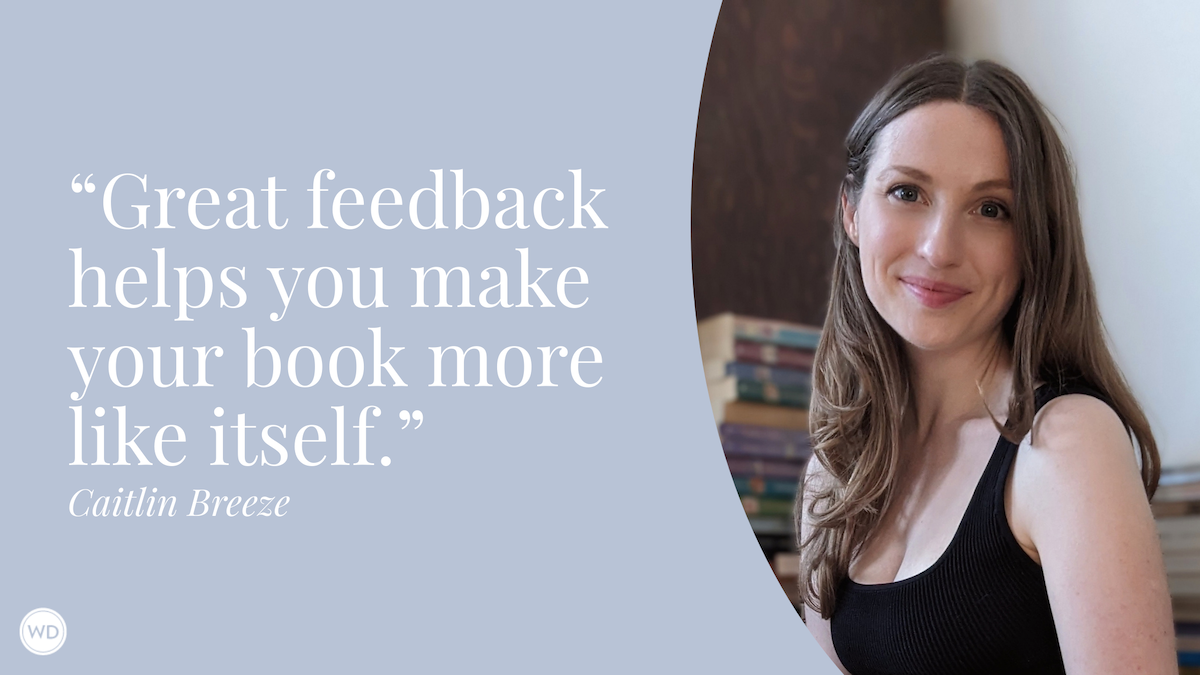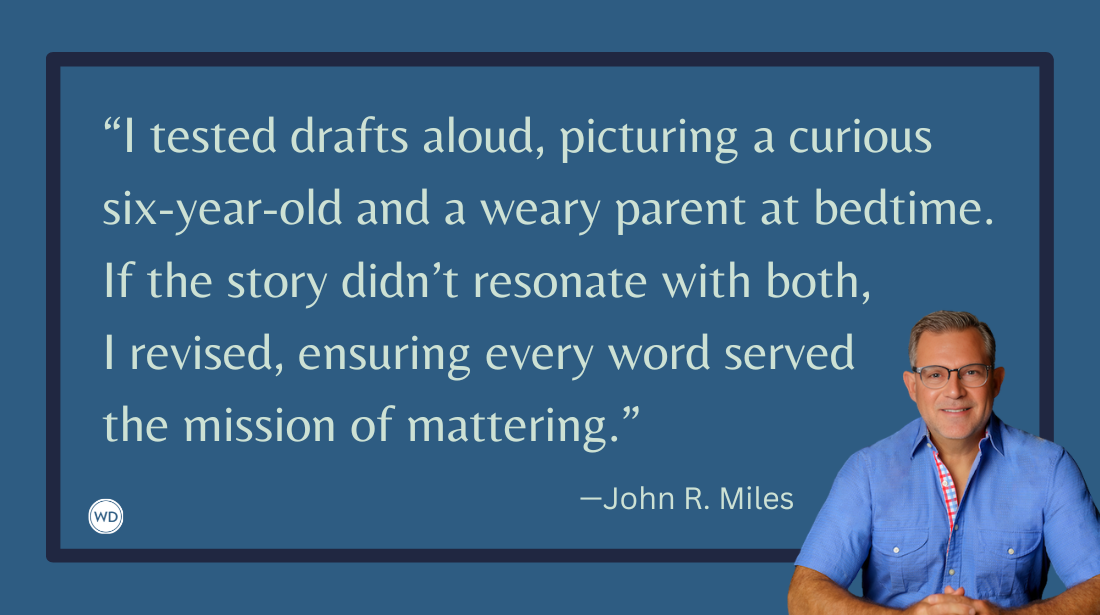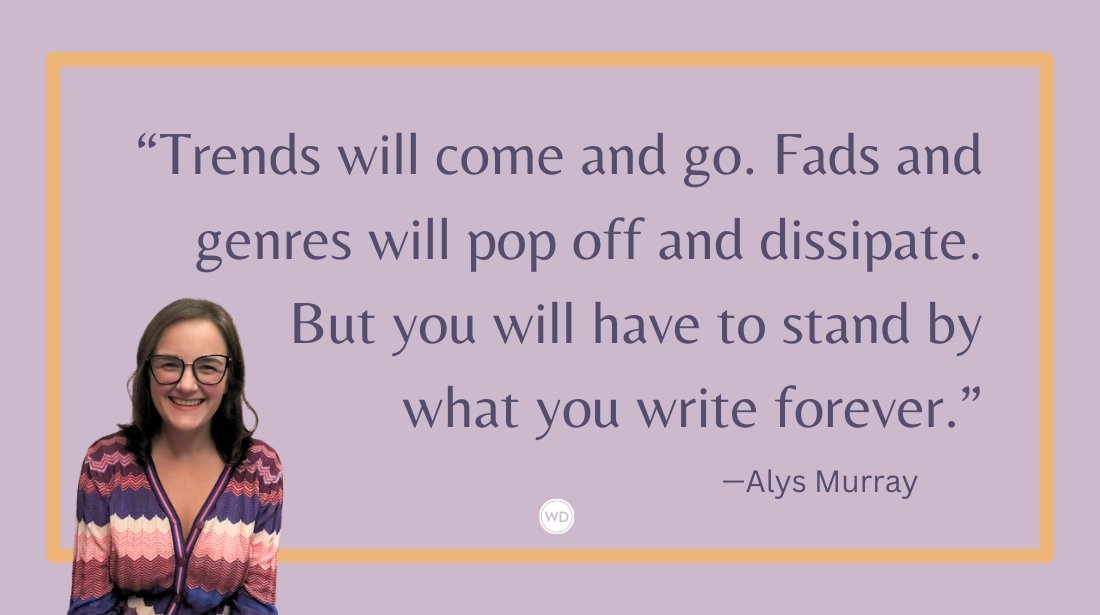Rosie Danan: On Creating Lore From Scratch
Author Rosie Danan discusses how her writing process changed for her new romance novel, Do Your Worst.
Rosie Danan is the award-winning, bestselling author of The Roommate and The Intimacy Experiment. Her work has been optioned for film as well as translated into nine different languages, and counting. The New York Times describes her writing as "warmly funny and gorgeously sexy."
When not writing, she enjoys jogging slowly to fast music, petting other people’s dogs, and competing against herself in rounds of "Chopped" using the miscellaneous ingredients occupying her fridge. As an American expat living in London, Rosie regularly finds herself borrowing slang that doesn’t belong to her. Find her on Twitter and Instagram.
In this post, Rosie discusses how her writing process changed for her new romance novel, Do Your Worst, her hope for readers, and more!
Name: Rosie Danan
Literary agent: Jessica Watterson
Book title: Do Your Worst
Publisher: Berkley
Release date: November 14, 2023
Genre/category: Romance
Previous titles: The Roommate, The Intimacy Experiment
Elevator pitch for the book: A disgraced archeologist and an aspiring curse breaker become enemies with benefits when they unknowingly accept conflicting assignments at the same infamous Scottish Castle
What prompted you to write this book?
I’m a huge fan of 90’s early 00’s paranormal properties like “Buffy the Vampire Slayer,” “Charmed,” and The Mummy (1999). I really enjoyed how the creators introduced magical elements to the world as we know it while still having the characters grappling with very grounded, accessible challenges. Buffy is a supernatural heroine, but she also has to get a job at a fast-food restaurant because saving the world doesn’t provide a paycheck or benefits.
I thought it would be fun and interesting to write my own down-on-her-luck heroine—a curse breaker trying to monetize her matrilineal line’s knack for combating the occult who has always used works to avoid getting emotionally vulnerable—and have her find that in order to succeed professionally she also has to tackle her personal pitfalls.
How long did it take to go from idea to publication? And did the idea change during the process?
I believe it was around two years from when I put this idea in front of my editor for the first time to the release date.
Originally, I was going to set the book in a French Chateau, but then I realized that not speaking French (and not having characters that spoke French) would make that idea difficult, so I moved them to the Scottish Highlands. That worked out great because then I got to go there on a research trip which was a real dream come true.
I also wanted my hero Clark to have a tattoo on his butt of spicy English mustard but sadly that got cut.
Were there any surprises or learning moments in the publishing process for this title?
This was my first manuscript that really came to life in revisions.
On my previous two novels, I drafted slowly and revised as I drafted so that by the time I turned in a book, a lot of the content stayed consistent from that stage through publication. But adding magical elements for Do Your Worst meant I was trying a lot of zany hijinks and creating lore from scratch. It was hard for me to get enough distance while drafting to know what was working and what wasn’t.
I also found that I was drafting scared on the more experimental pieces of world-building and that made the story weaker. I had to learn to run full force at an idea—because that’s easier to evaluate than going in at an angle and trust that my editor would pull me back or redirect my energy when I went too far off track.
Were there any surprises in the writing process for this book?
I struggled initially with how clear I was going to make it that the curse on Arden Castle is real (vs. a series of strange coincidences) and then once I decided to make magic explicit in my world building, when I was going to reveal that to the reader within the timeline of the story.
In early versions of the manuscript, I tried to write in a way that created ambiguity. So that you, as a reader, were not sure who was right here, the self-proclaimed curse breaker or the skeptic who sees her as a con artist.
I really wanted to toe the line between our world and the world of the narrative, to almost make you believe, Wait, you’re building a compelling case here … is it possible that curses ARE real?
In my head, that ambiguity was going to add tension to the story. In practice, it didn’t work at all. I think it was partially because I wasn’t accounting for the fact that the natural reader's response is not believing in a curse, so it was never a fair fight. To make you believe in Riley, to make you like her, I need to give you reason to believe in what she was doing and why from the very beginning.
What do you hope readers will get out of your book?
The concept of curses transcends cultures and centuries because as humans, we naturally look for ways to explain terrible circumstances that make us feel powerless.
But what I found so intriguing about a curse is—you can break it. In fairy tales, one act of bravery can save a village. Inherently, there is a way out. There’s a line in the book where Clark suggests that Riley is a curse breaker because she’s looking for control and she says basically, “No, I’m a curse breaker because I’m desperately clinging to hope.”
Riley doesn't have any magical abilities. Her success comes down to her problem solving and her mettle and her refusal to give up.
I’d love it if readers saw themselves in her and found strength in her struggle against seemingly impossible odds.
If you could share one piece of advice with other writers, what would it be?
Find other writers with whom you can trade off as alpha readers for true first drafts. Trust that they won’t judge you for work that’s in the process of becoming.









